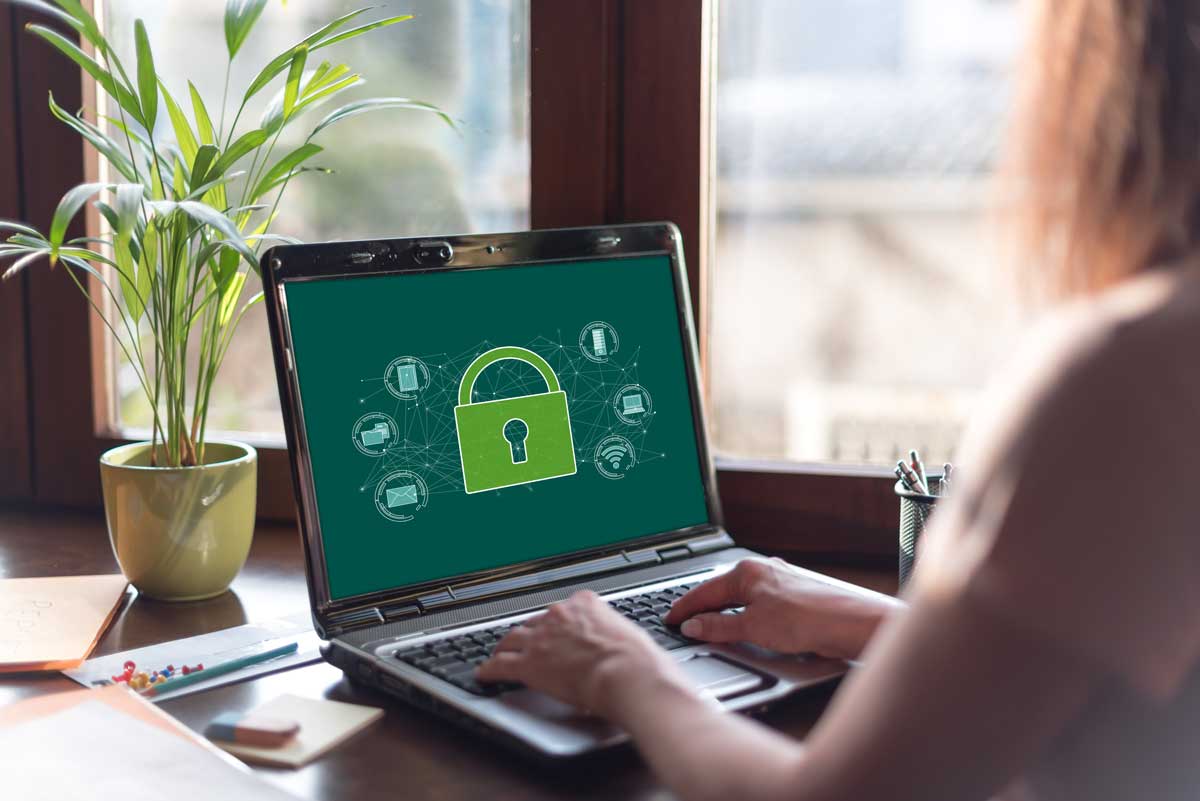Working from home presents cybersecurity challenges that most companies never faced when employees were in the office. Companies grew accustomed to having strong network security, monitoring device usage and using in-house IT support to solve technological problems. However, with employees scattered around Melbourne, the country and even the globe, these companies can no longer implement in-house IT cybersecurity regulations.
In the same way that companies have adopted new workflows for video conferencing and team collaboration, they need to prioritise cybersecurity. This implementation should start with a remote cybersecurity policy and include cybersecurity technology to thwart threats and network security issues.
Cyber Awareness Training
Many corporate cybersecurity breaches start when an employee clicks on something they shouldn’t or downloads dodgy software. When employees are working from home, it is much more challenging for companies to regulate software downloads, especially if employees are using personal devices.
Companies should conduct regular cyber awareness training sessions to teach employees how to spot dangerous links, malware and phishing attempts. Hackers have ways of tricking you into giving them access to a computer, but how your employees respond ultimately dictates whether or not there is a data breach.
Protecting Confidential Company Data
Strong cybersecurity for remote workers begins by regulating what employees are doing on their computers. This regulation looks different on company devices and personal devices.
If your remote workers use company devices, your IT managed service provider can install cybersecurity software to encrypt and protect the data. On company computers, you can set up filters to ensure that employees cannot download unapproved software or visit potentially dangerous sites.
It’s more challenging to protect a personal computer. As stated above, personal device regulation and home network security should always start with cyber awareness training to teach employees how to safely use their devices.
Multi-factor authentication and password protection add an extra layer of security for employees accessing accounts on company and personal devices. Password requirements should already be part of your cybersecurity policy. If a hacker somehow bypasses a strong password, multi-factor authentication will prevent them from accessing the account. When multi-factor authentication is set up, it requires an extra step to complete a login – for instance, an employee may receive an SMS with a secure code.
Navigating Home Network Performance Issues
Home network security and performance is another issue for remote workers. Over the past few years, the National Broadband Network (NBN) has improved home network capabilities for Australians, but it’s not perfect for corporations.
If home network performance slows your workflow, your IT service provider can transfer your remote workers to a faster, more secure cloud-based server.
IT Solutions for Remote Cybersecurity
A corporate cybersecurity policy is only as strong as the employees who abide by it. Here at ITConnexion in Melbourne, we offer software and services to improve cybersecurity for remote workers. We can help your company:
- Migrate to a cloud solution like Microsoft 365
- Install a password manager and multi-factor authentication
- Use mobile device management (MDM) to regulate personal devices remotely
- Conduct an audit of your network to improve performance
Introducing a cybersecurity policy that supports working from home is challenging but not impossible. To see how you can improve your company’s remote cybersecurity, set up a consultation with ITConnexion on 1300 892 200.
About the author:
One of the co-founding directors here at ITConnexion, Carlson has a PhD in Computer Engineering from the University of Melbourne.






